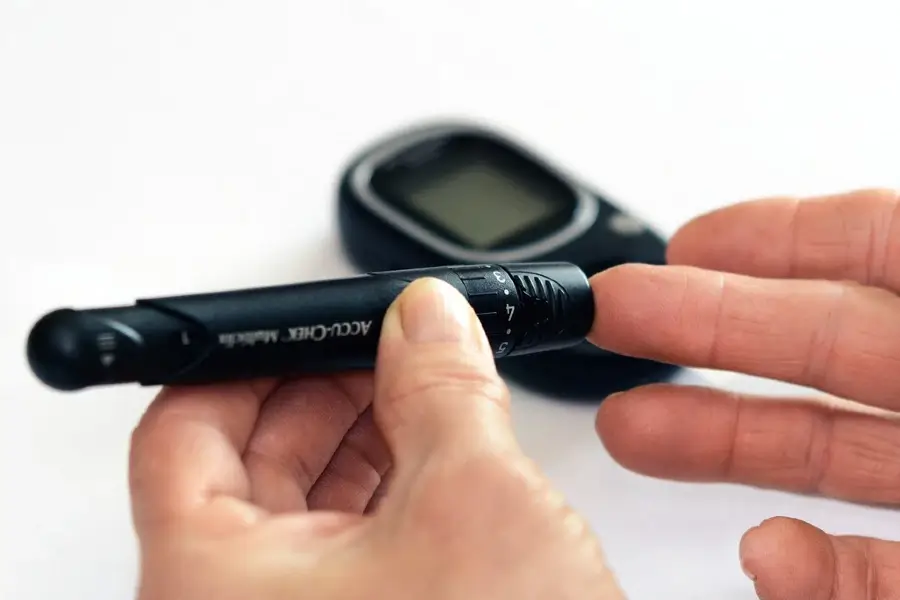Self-Management of Diabetes at Home
Home diabetes management has challenges, but there are ways to make it easier. Self-monitoring blood sugar levels, regular exams, medication as prescribed, and supplementation with minerals like magnesium are all beneficial. In addition, through participation in a diabetes self-management education program, you can gain the skills necessary to take control of your diabetes.
Maintaining a Consistent Routine of Medication Administration
Those diagnosed with type 2 diabetes must adhere strictly to their treatment regimen, which includes taking their prescriptions. These medications help the body better utilize insulin, lowering blood sugar levels. If your doctor observes a significant fluctuation in your blood sugar level, they may need to adjust your prescription. Alterations to your diet and workout routine may also prove beneficial. You may rely on the expertise of your diabetes nurse to help you determine which medication is best for you.
It’s crucial to monitor blood sugar levels frequently. Damage to the tissues in the lower extremities may occur if blood sugar levels are chronically high. Also, it’s essential to monitor your BP several times daily. If it’s higher than 140/90, nerve damage could be an issue.
Keeping a Regular Schedule of Checkups
Keeping an eye on your health is crucial. Keeping up with your routine medical checkups is necessary to avoid getting sick. People with diabetes who prefer to keep their care at home can do this independently, but they should still monitor their condition closely and visit a doctor if they notice any changes. Regular checkups can help you prevent potential health issues and lengthen your life. Everything in the body is vulnerable to the devastating effects of diabetes. The advice that follows will give you a hand in effectively and securely managing your condition.
At least once every three months, see your doctor. In doing so, your doctor can monitor your progress and adjust your treatment appropriately. To further ensure that you are receiving appropriate treatment, you should familiarize yourself with the recommendations of the American Diabetes Association. If you have further inquiries, your doctor will gladly assist you.
Monitoring One’s Glucose Levels
Self-monitoring of blood sugar levels is a valuable tool for people with diabetes. Glucose meters aren’t just handy and can help you incorporate different foods and activities that affect your blood sugar levels. Many meters may also mechanically send the data to a PC or mobile device. However, you should submit your results manually to share your thoughts with your doctor. By noticing trends in your results, you may utilize this knowledge to manage your diabetes more effectively.
Self-monitoring of glucose levels may also help establish this range. If your blood glucose level is significantly higher than or lower than either of these ranges, you should consult your primary care physician. You can reach your target blood glucose level if you monitor it more frequently. However, it’s important to remember that readings taken beyond the permitted range could not have clinical value. Testing your blood sugar levels at various times of the day is essential for this reason. Doing this also shows how well your glucose levels are controlled throughout the day and at night.
Oral Magnesium Sulfate Supplements
Magnesium’s role in maintaining healthy blood pressure and sugar levels is well documented. Diabetes and heart disease can develop when blood sugar levels are consistently high. Magnesium’s anti-inflammatory qualities also help lower the danger of cardiovascular illness. Therefore, people with diabetes should strongly consider taking magnesium supplements. Several magnesium supplements of varying compositions are commercially available today.
Patients with pre-diabetes who took magnesium supplements saw decreased plasma glucose levels. Type 2 diabetes is distinct from this condition, which is often referred to as poor glucose regulation.
Challenges of Home-Based Diabetes Management
The challenges of home-based diabetes management are not limited to patient laziness or a lack of motivation. Chronic hunger, for instance, has been linked to decreased drug compliance. In addition, frequent thirst can lead to excessive consumption of sugary beverages. Furthermore, a person with diabetes may be influenced by the views of people around them.
Despite the numerous barriers that may hinder adherence to diabetes self-care, the role of family and friends is often supportive. However, the part of peers and neighbors may also become a barrier to managing diabetes from home. A lack of support from close friends and family members may lead to difficulty completing daily tasks and sticking to a healthy diet and exercise program. The role of family support in managing diabetes from home may depend on the relationship between the patient and their family, the person’s employment status, and the social network they are involved with.













